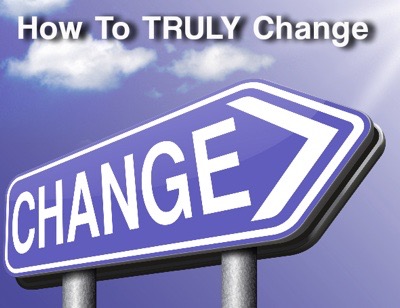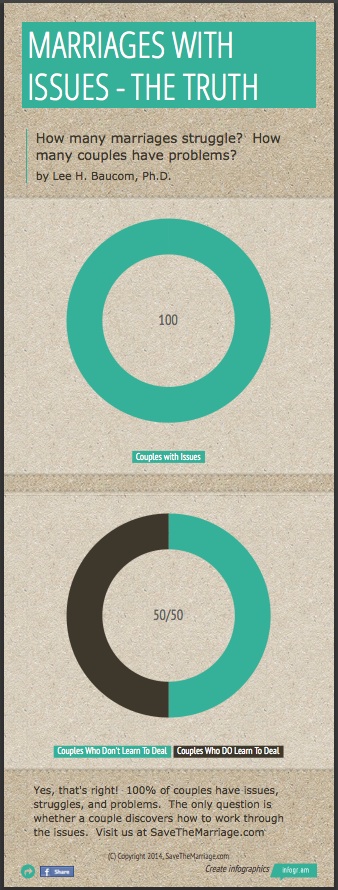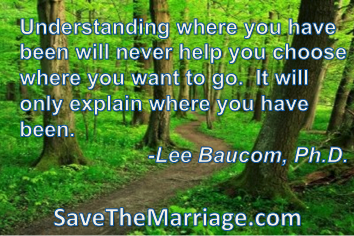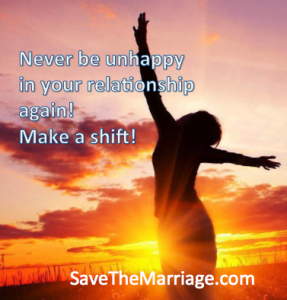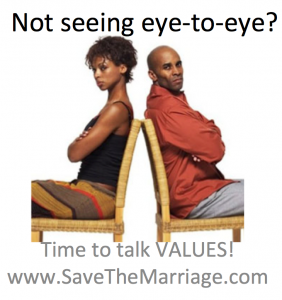3rd Biggest Mistake People Make
https://savethemarriage.com/stmblog/wp-content/themes/corpus/images/empty/thumbnail.jpg 150 150 Lee H. Baucom, Ph.D. Lee H. Baucom, Ph.D. https://secure.gravatar.com/avatar/669b7e375d93f77521ddaba08adb8063?s=96&d=blank&r=pg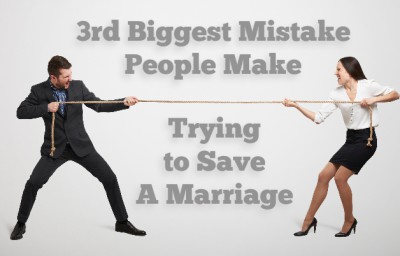 There are lots of mistakes people make in their efforts to save their marriage. This particular mistake is what I consider to be the 3rd biggest. I hear it in the questions people send me every single week.
There are lots of mistakes people make in their efforts to save their marriage. This particular mistake is what I consider to be the 3rd biggest. I hear it in the questions people send me every single week.
In fact, I hear this mistake probably 3 or more times each day. And here is the sad thing: the mistake is made with all the best of intentions. . . and all the worst of results.
Like all mistakes, it is avoidable. (If something is unavoidable, it can’t be a mistake; a mistake always has an alternative that could avoid the mistake.)
I am betting you have made this mistake. (I have.) My hope is that, once I point it out, it will be so obvious that you will not repeat it.
RELATED RESOURCES:
3 Problems With Marital Therapy
Avoid The 3 A’s
Separation: Will It Help?
Why Your Spouse Doesn’t Believe You Will Change
“I’ve Changed” and 3 Other Things NOT To Say
Grab the Save The Marriage System
Podcast: Play in new window | Download
Subscribe: RSS
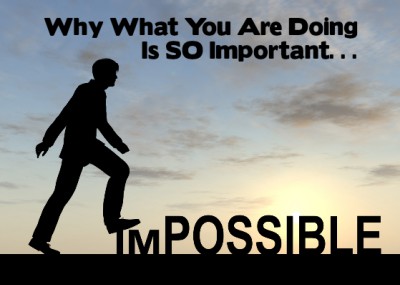
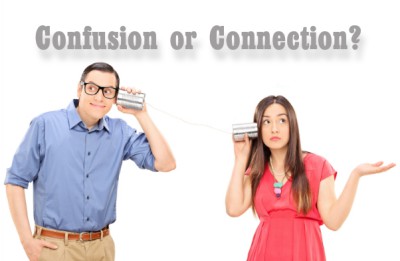
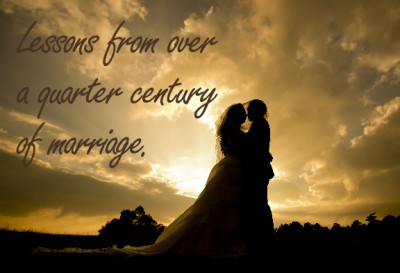 My wife and I quietly celebrated 27 years of marriage together last week.
My wife and I quietly celebrated 27 years of marriage together last week.